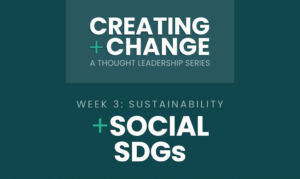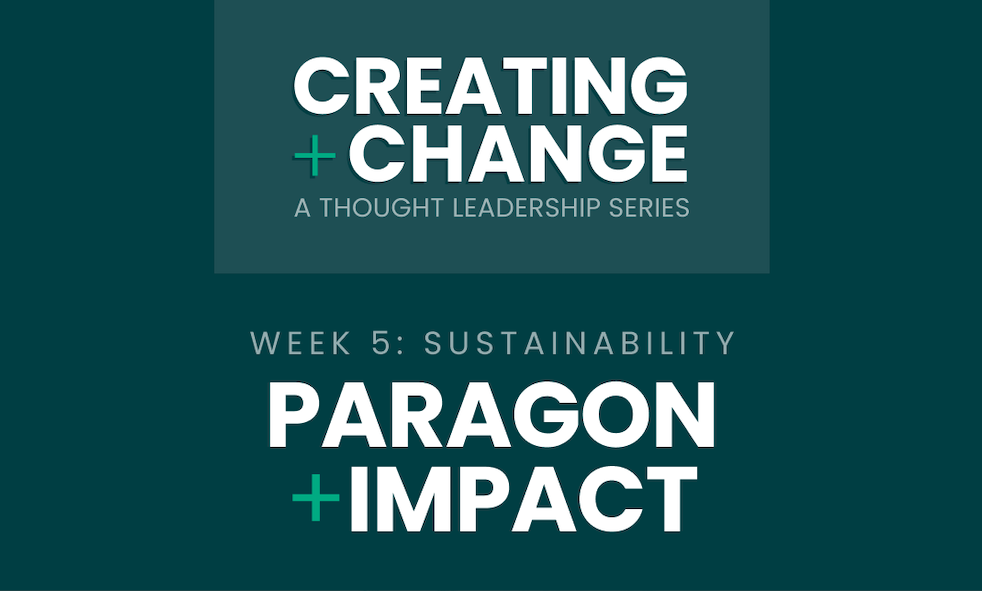
Social Sustainable Development Goals: Progress, Challenges and Urgent Actions Needed
Welcome to Creating +Change Series: Chapter 2, Week 3 🌍
Since the adoption of the Sustainable Development Goals (SDGs) in 2015, significant efforts have been made to address various global challenges. However, progress in achieving the social SDGs has been hindered by multiple factors.



